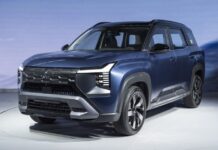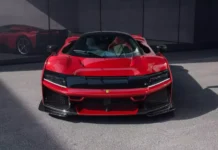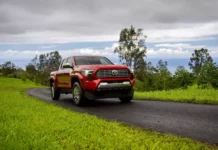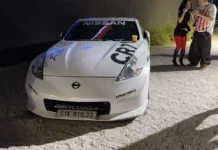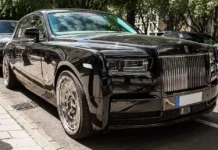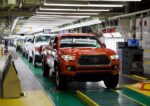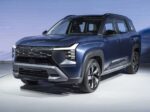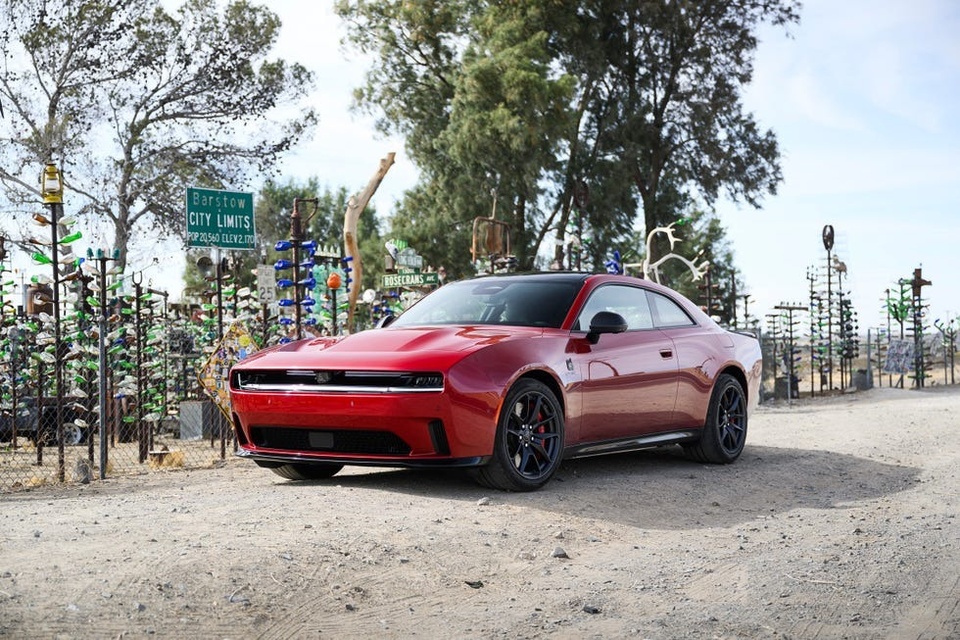
|
According to Carscoops, the electrification efforts of the Dodge Charger muscle car have hit a bump in the road. Sales of the Dodge Charger Daytona EV have been underwhelming, prompting the Stellantis-owned brand to offer a $6,500 rebate to boost purchases in the US through the National Retail Consumer Cash program.
In most cases, dealers would want to sell a newly launched sports car at a premium. However, with the Dodge Charger, customers seem to be longing for the Hemi V8 engine, and the pure electric Daytona version hasn’t caught on yet.
This challenge is exacerbated by the potential delay in the launch of the Charger Sixpack, the next-generation internal combustion engine version of the Dodge Charger.
Stellantis has idled its Windsor plant in Ontario, Canada, in response to the 25% import tariffs imposed by President Donald Trump.
|
|
Even before Dodge implemented the aforementioned rebate program, dealers were already running their own significant incentives in hopes of boosting Charger Daytona EV sales.
Last month, a Charger Daytona R/T 2025 was advertised for $39,945. Compared to the MSRP of $62,685, American customers are getting a discount of $22,740 on this electric muscle car.
In fact, another Charger Daytona is being offered for $36,932, a staggering $24,658 less than its original price of $61,590.
In the first quarter, Dodge sold more older Charger and Challenger models than the new Charger Daytona EV. Specifically, Americans purchased 1,947 Daytona EVs in the first three months of the year, while the company sold 1,974 units of its older, internal combustion engine muscle cars in the same period.
According to Carscoops, the carmaker seems to have read the market’s pulse through these early sales figures, and the Charger Sixpack is expected to be the savior.
One of the reasons for the Charger Daytona EV’s lackluster reception, according to Carscoops, is its pricing strategy.
For instance, the Charger Daytona EV starts at $59,595 for the R/T trim and goes up to $73,985 for the Scat Pack version. Some Daytona EVs with additional options are priced at or even exceed the $100,000 mark.
|
|
This pricing puts the Charger Daytona EV in direct competition with high-performance vehicles. For example, the Ford Mustang GT has a starting price of $46,560, while the BMW 440i Coupe costs around $65,000.
Another formidable competitor, the BMW M4, starts at $80,000, making the price of the Dodge Charger Daytona EV an unintended hurdle.
Recommended Reads for Your Next Road Trip
Our Cars section offers a diverse range of book recommendations to keep you entertained during your travels. Whether you’re on a long drive or just taking a break, these books are the perfect companions for any journey.
The Road to Revival: A Stellantis Luxury Brand Collaboration
Maserati and Alfa Romeo, two iconic automotive brands, are joining forces in a strategic alliance aimed at reducing costs and boosting sales performance. This exciting collaboration between the Italian powerhouses promises to deliver an innovative and dynamic approach to the automotive industry. With their combined heritage, passion, and expertise, Maserati and Alfa Romeo are poised to create a new era of captivating vehicles that thrill drivers and enthusiasts worldwide.


